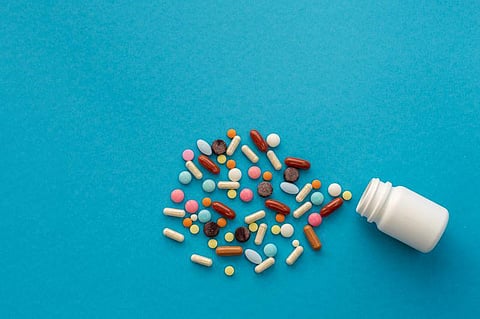MONDAY, Oct. 3, 2022 (HealthDay News) -- Sodium-glucose cotransporter-2 (SGTL2) inhibitors and glucagon-like peptide-1 (GLP1) receptor agonists are effective as first-line therapy for patients with type 2 diabetes, but are not cost-effective, according to a study published online Oct. 4 in the Annals of Internal Medicine.
Jin G. Choi, from the University of Chicago, and colleagues examined the lifetime cost-effectiveness of a strategy of first-line SGLT2 inhibitors or GLP1 receptor agonists for drug-naive patients with type 2 diabetes.
The researchers found that the lifetime rates of congestive heart failure, ischemic heart disease, myocardial infarction, and stroke were lower with first-line SGLT2 inhibitors and GLP1 receptor agonists compared with metformin. Compared with first-line metformin, first-line SGLT2 inhibitors cost $43,000 more and added 1.8 quality-adjusted months ($478,000 per quality-adjusted life-year [QALY]). Compared with metformin, first-line injectable GLP1 receptor agonists cost more and reduced QALYs. In the sensitivity analysis, oral GLP1 receptor agonists were not cost-effective (incremental cost-effectiveness ratio, $823,000 per QALY). To be cost-effective at under $150,000 per QALY, costs would need to be under $5 and under $6 per day for SGLT2 inhibitors and oral GLP1 receptor agonists, respectively.
"In the interest of improving access to high-quality care in the United States, our study results indicate the need to reduce SGLT2 inhibitor and GLP1 receptor agonist medication costs substantially for patients with type 2 patients to improve health outcomes and prevent exacerbating diabetes health disparities," the authors write.
Abstract/Full Text (subscription or payment may be required)


